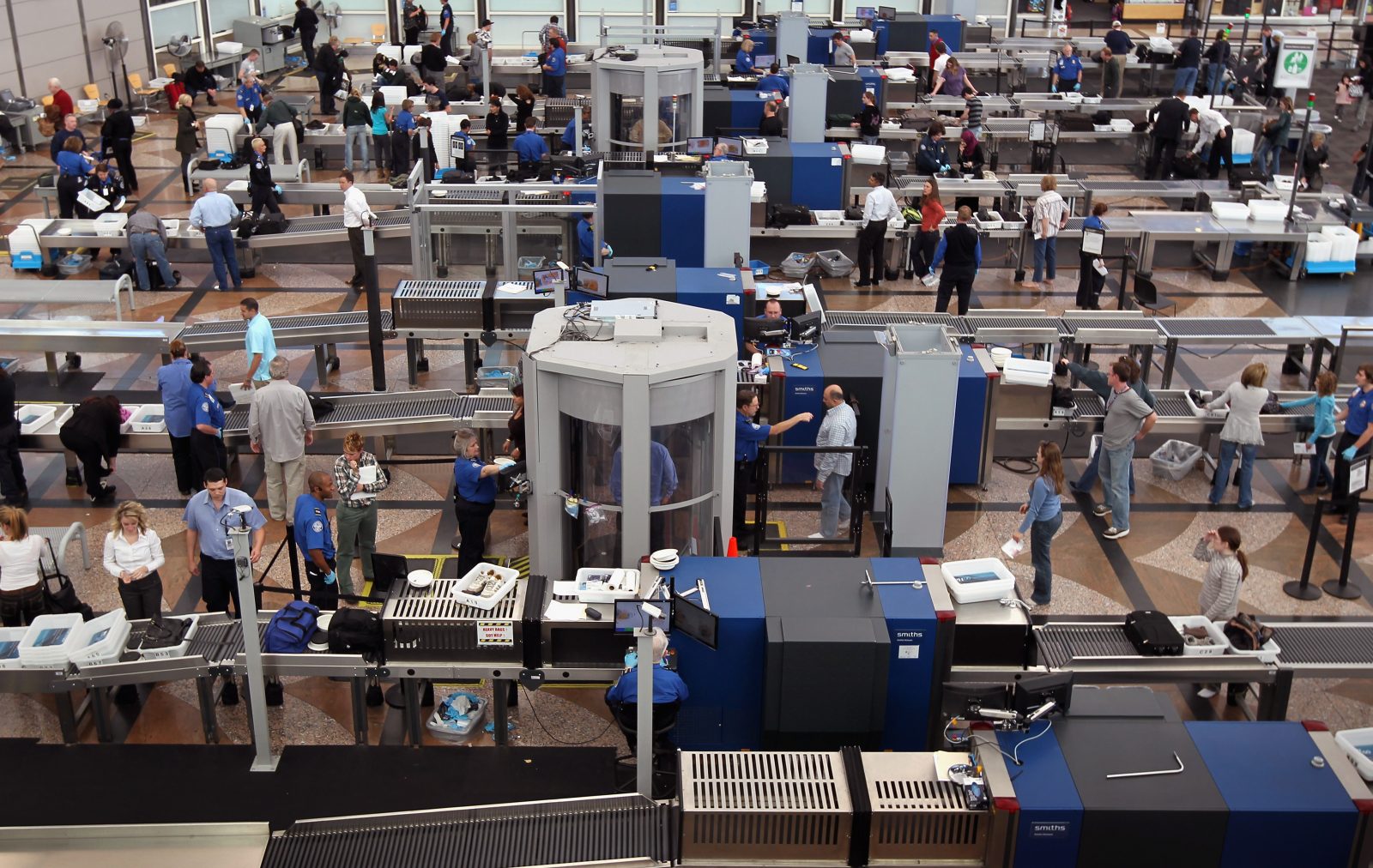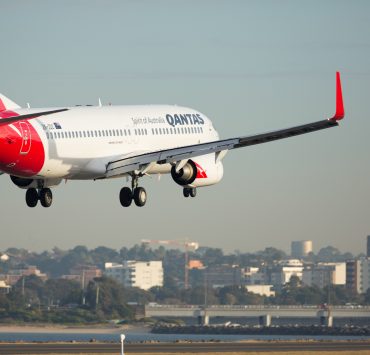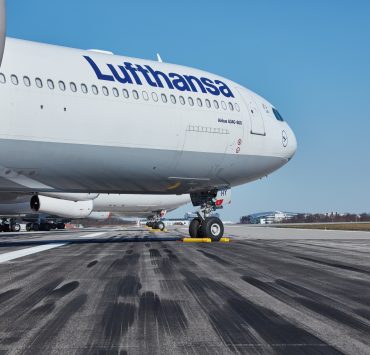
The Transportation Security Administration (TSA) says its employees will be required to wear face masks while working at airport security checkpoints because of the threat posed by the novel Coronavirus. The decision will bring the federal agency in line with official guidance from the Centers for Disease Control and Prevention (CDC) which advises the American people to wear face masks whenever they are in public spaces where maintaining social distancing is difficult – such as a supermarket or airport.
While welcoming the decision, airline pressure group Airlines4America called for the TSA and the federal government to go further by mandating the wearing of face masks by passengers and employees in airports and planes. Many airlines say it is compulsory for passengers to wear face masks on their planes but only a small number of airports have implemented similar rules.
The TSA said it would continue to “encourage” passengers to wear a face covering and confirmed that it is “considering” further changes to the passenger screening process “to further minimize the risk and to limit physical interactions in the security checkpoint”.
Frontline employees will now be expected to wear face masks or covers but eye protection will remain optional.
“While requiring facial coverings for TSA officers is an important and necessary step, we encourage the TSA and U.S. airports to similarly require facial protection for all travelers, in keeping with CDC recommendations,” a spokesperson for A4A said of TSA’s announcement.
A4A represents major U.S. airlines including American, Delta and United Airlines, as well as Alaska, jetBlue and Southwest Airlines. All of A4A’s members have introduced compulsory face masks rules in the last couple of weeks.
Some airlines are calling on Federal authorities to go still further and implement mandatory COVID-19 screening for all passengers and airline employees. In the absence of such conditions being implemented at a federal level, Frontier Airlines has decided to roll out mandatory temperature checks across its network.
“The health and safety of everyone flying Frontier is paramount and temperature screenings add an additional layer of protection for everyone onboard,” explained Frontier Airlines chief executive Barry Biffle.
Screening will take place via touchless thermometers and anyone with a temperature reading of 100.4 degrees or higher will be potentially denied boarding. While passengers who fail an initial test will be given time to rest, if time permits, a second high-temperature reading will result in them being offloaded.
But the rules won’t take effect until early June – presumably so that the Denver-based carrier can get hold of the thermal screening equipment. Biffle said it should be the TSA and airport authorities carrying out temperature checks on passengers before they are even allowed in the airport but suggested officials are laying the “groundwork” for such an initiative.
Southwest Airlines chief executive Gary Kelly has also backed the idea of compulsory pre-flight temperature checks, suggesting the responsibility for carrying out these checks should be borne by the TSA. Unlike Frontier, its Texan rival doesn’t intend to introduce its own temperature checks.
Mateusz Maszczynski honed his skills as an international flight attendant at the most prominent airline in the Middle East and has been flying throughout the COVID-19 pandemic for a well-known European airline. Matt is passionate about the aviation industry and has become an expert in passenger experience and human-centric stories. Always keeping an ear close to the ground, Matt's industry insights, analysis and news coverage is frequently relied upon by some of the biggest names in journalism.









